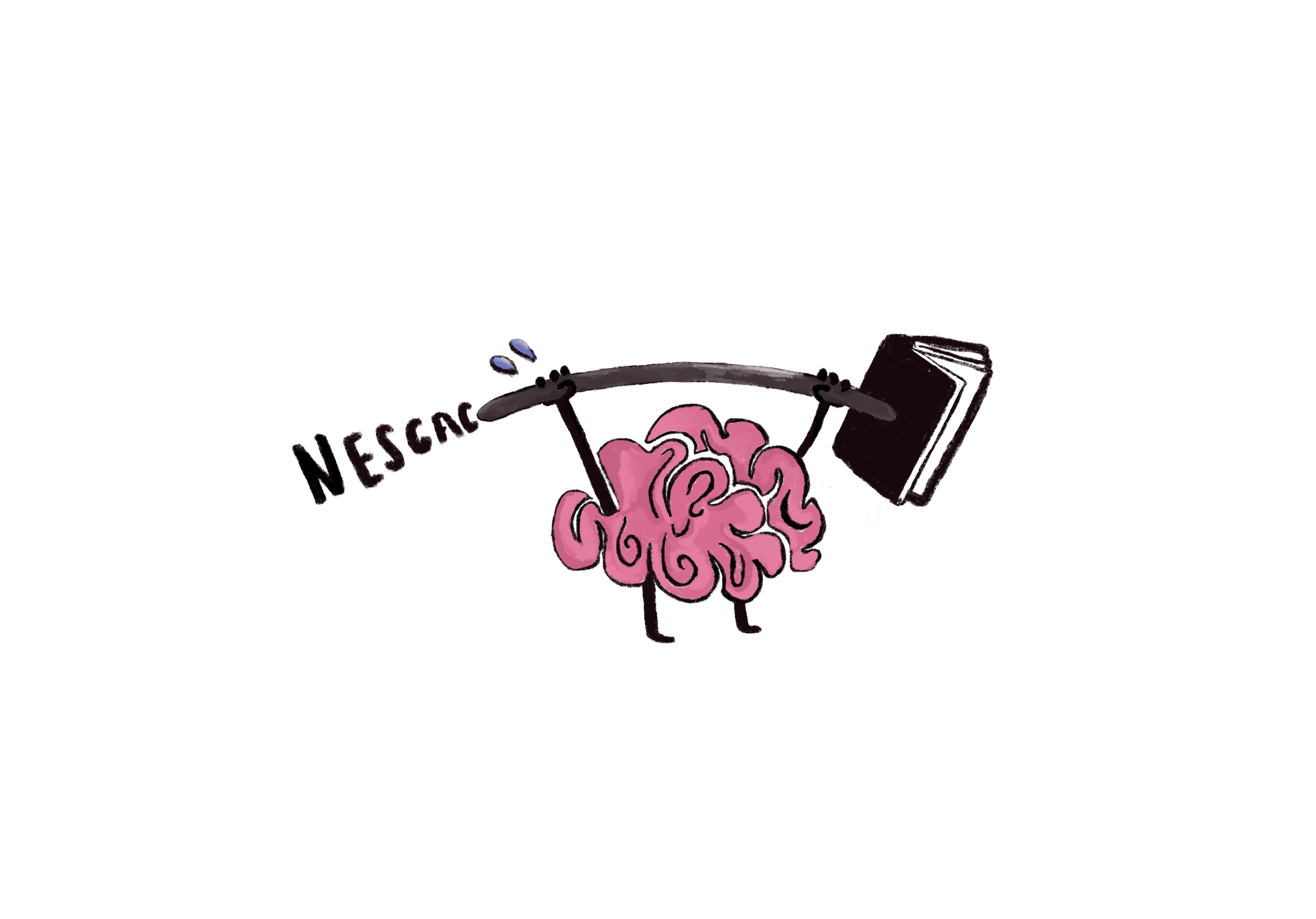Alumnus explores NESCAC history in new book
September 2, 2022
Editor’s note 09/15/2022 at 9:22 p.m. EDT: A previous version of this article’s headline read, “Alumni explores NESCAC history in new novel.” The headline has been updated with the singular “Alumnus” and to indicate that Covell’s work is a history book, not a novel.
 Chayma Charifi
Chayma CharifiDaniel Covell ’86, the professor of sports management at Western New England University, recently published The New England Small College Athletic Conference: A History. Through a historic and reflective lens, the book probes the relationship between academic rigor and athletic success within NESCACs.
During his undergraduate career, Covell wondered how the NESCACs managed to excel both academically and athletically. While he pondered these themes for years, it wasn’t until 2010 that he began his research at Hawthorne-Longfellow Library archives.
“At first, I was looking at just Bowdoin-related things,” Covell said. “Really what I write about is this ideal—this perfect mixture of athletics within the framework of a rigorous academic environment.”
Covell’s inquiry transformed from its undergraduate origins. In the book, he explores what prompted the creation of the NESCAC in the first place. He notes the institutional costs of abiding by the ‘academically rigorous and athletically competitive’ standard.
Covell also discusses the issues that coaches face when working with student athletes at rigorous institutions like Bowdoin. Specifically, he explores coaches’ desires to ensure their competitiveness when the collegiate admissions policies don’t align. These challenges include policies such as no off-campus recruiting and the athletic department’s inability to contribute to financial aid.
Covell prods the ‘pure and simple’ standard by emphasizing that athletic specialization contradicts one of the tenets of a liberal arts education: well-roundedness.
“The time demands [for sports and academics, respectively] mean more and more kids are defining themselves first and foremost as ‘I’m a women’s basketball player, and then I go to school’,” Covell said.

Comments
Before submitting a comment, please review our comment policy. Some key points from the policy: